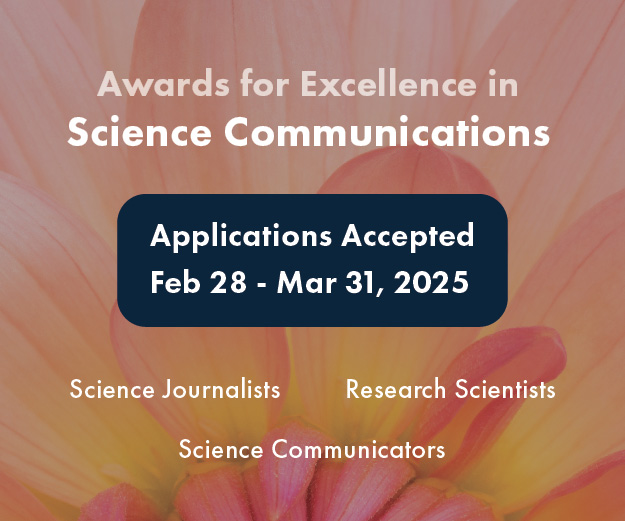It all comes down to the pitch. Whether a story idea lives or dies depends on the writer's ability to pitch it to an editor quickly, clearly, and with pizzazz. At the lively "Pitch Slam" session, writers queued up to pitch their ideas to a high-powered panel of editors, who dissected each pitch like doctors in an operating room theater, providing valuable lessons on the anatomy of a successful pitch for all who attended.
"I felt that there were a lot of fresh and interesting ideas, and most of them were very well presented," said Tim Appenzeller, assistant executive editor for National Geographic magazine. Joining Tim on the editors' panel were Dana Points, executive editor of Self, Nicholas Thompson, senior editor for features at Wired, and John Travis, deputy editor of Science. Much of their advice served as specific feedback on the pitchers' ideas as well as general tips for the crowd on what their magazines are looking for.
In the first pitch, for example, San Francisco-based freelancer Kristin Abkemeier suggested a story on a group of retirees who are restoring an old, mechanical, punch card-based computer. Tim pointed out that National Geographic depends heavily on imagery in its stories, and he doubted whether pictures of old computers would be visually compelling. Nick disagreed. "Old computers are like scantily clad women," Nick said to much laughter. "We can't get enough of them in Wired."
Nick turned down many of the other pitches, however, because Wired focuses on technology rather than pure science stories: "If it's happening in rats, it ain't happening in Wired." The opposite is true for Science, John explained: the emphasis is on basic science. "We really need to know what the new research advances are," John said. Dana declined a pitch about the parenting techniques of birds. Because Self is a women's magazine about the woman herself, not about her traditional role as caretaker, the magazine does not buy parenting stories in general, she explained. She did jump on a story pitched by Siri Carpenter, a freelance science writer based in Madison, Wisconsin, about why people remain in a negative situation, such as a bad job or a bad relationship, when it's clearly not in their best interest. That kind of story is perfect for Self, Dana said.
Even the editors in the panel got something out of the session. "First of all you may get some good pitches. I heard a few I was interested in," Tim said. "The other thing is you get to articulate why you like what you do. I think it's a good exercise to actually have to justify yourself."
What did the editors want more of? "I would have liked to see a little more narrative," Nick said. "The kind of stories we're looking for are stories that could possibly be movies. I didn't hear that, [though] I did hear a couple of good ideas." Overall, the editors were pleased with the pitches made in the session. "I was amazed at how concise and to-the-point people were in their pitches," Tim said. "I would do it again."



